Note: This post is aimed at UK IT companies, but for any US IT companies reading then similar principles as Direct Debit apply using ACH – Automated Clearing House.
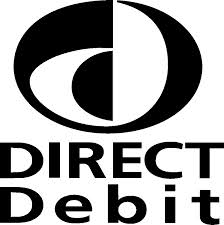 When your IT company first makes the move from Break/Fix to Managed Services, one of the challenges you hit is collecting recurring payments from clients.
When your IT company first makes the move from Break/Fix to Managed Services, one of the challenges you hit is collecting recurring payments from clients.
The flexible nature of Managed Services, where clients can expand or contract as needed is attractive to SMB clients who don’t want to be tied into a long term contract. For the IT company though, if a client’s monthly bill is changing from month to month, this can prove a challenge to accurately and efficiently invoice for.
Standing Orders
Most IT companies choose to use a Standing Order instruction. Simply put, this allows a bank account holder to give instructions to their bank to pay a set amount at regular intervals to another’s account.
Standing Orders are free, simple to setup – but if the payment amount varies month to month, they can be a pain to maintain. A variation in the Managed Service contract – such as the addition or removal of a workstation – means the Standing Order needs to be modified. If the client neglects to update their Standing Order instruction with their bank – they either underpay you (leaving you to chase the shortfall), or overpay you (meaning you have to go to the admin chore of issuing a credit note or refund).
The flexibility of Direct Debit
When you start out into Managed Services, perhaps with a small number of clients who rarely grow or contract, Standing Order is fine. Once you start growing though, using Direct Debit is a better option to simplify Managed Service billing.
Most UK consumers are familiar with Direct Debit for paying household bills. Direct Debit allows businesses to transfer money on regular basis from consenting bank account holders. Unlike Standing Order, the amounts taken by Direct Debit can be flexible.
Isn’t Direct Debit only for big businesses?
Some SMB IT companies shy away from Direct Debit as they believe it is only a tool offered by banks to big businesses. While it’s true that many banks don’t offer Direct Debit facilities to small businesses looking to receive money from clients, there is a wide market of Direct Debit brokers who will offer this service to SMB’s at a small fee.
Such brokers will handle the administration of setting up and collecting Direct Debits payments from your clients for you.
Clients can typically sign-up to Direct Debit agreements with you on-line, and once per month (or at a schedule you determine) the broker will then debit the clients bank account for the cash amount you specify. This amount can vary, month to month, the payers will be notified of the amount to be taken from their bank account in advance. This flexible nature is what makes Direct Debit so useful for Managed Service Providers.
After taking payment, and notifying you of the results of the Direct Debit batch – the Direct Debit broker then typically holds the funds for 14 days (to protect against any claim backs from clients under the Direct Debit guarantee) before releasing it to your business bank account directly.
Direct Debit costs
For smaller transactions (think £1 to £5000) then GoCardless is a great service as a Direct Debit broker. It’s easy to setup and costs are a simple 1% of transactions. GoCardless integrates with most accounting packages to reduce admin and most of my MSP clients in the UK use this service, as do I.
For a larger number of regular transactions or regular transactions of larger values, then specialist Direct Debit brokers are worth their fees. Once you have set an account up with such a broker, you typically pay a monthly fee for the privilege of having an account. The Direct Debit broker my own MSP worked with charged us a flat rate of £35/month, for instance.
Cost wise, the Direct Debit broker my MSP worked with charged £3.50 per Direct Debit batch, plus £0.35 per transaction. So for a monthly batch of 50 Direct Debits, we’d pay £35 (the account fee) + £3.50 (the batch fee) + £17.50 (50 x £0.35 transaction fees) for a total of £56.
Compare that figure to the sheer hassle of trying to amend Standing Orders, issuing credit notes, chasing unpaid invoices and so on – and it looks a bargain.
Conclusion
If you’re an IT company or MSP who is still using Standing Orders or worse – issuing an invoice and waiting for payment – then I’d encourage you to implement Direct Debits. As your business grows, you’ll find it eliminates an awful lot of accounting headaches.

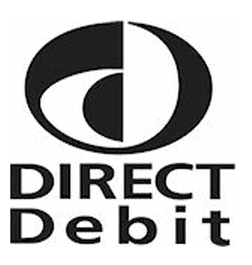





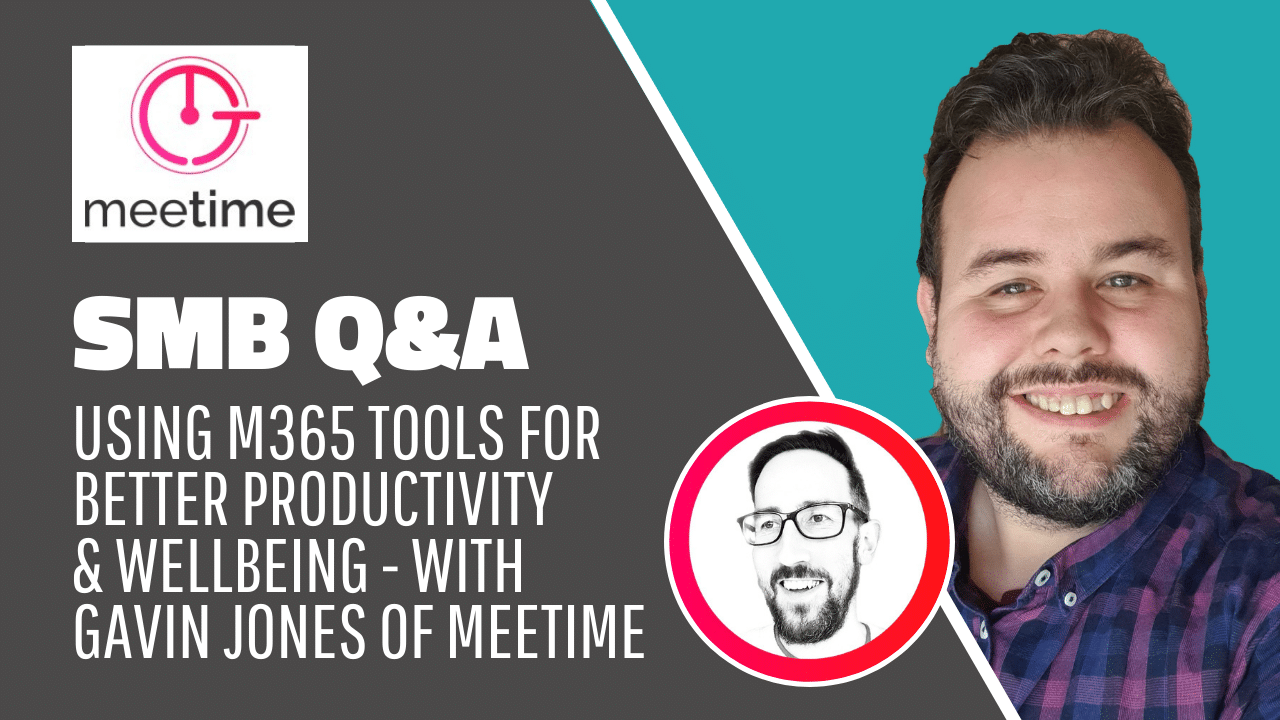
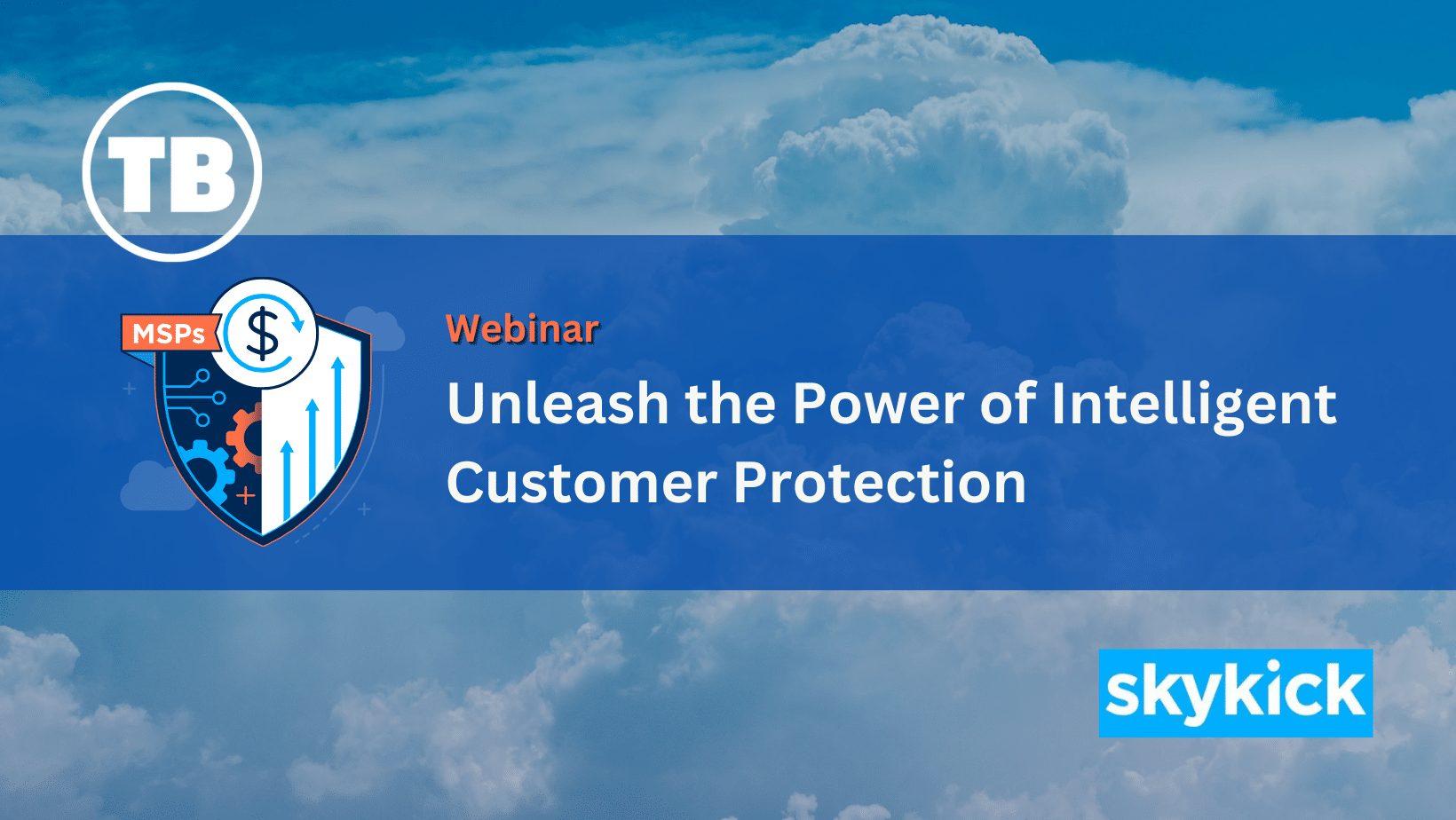


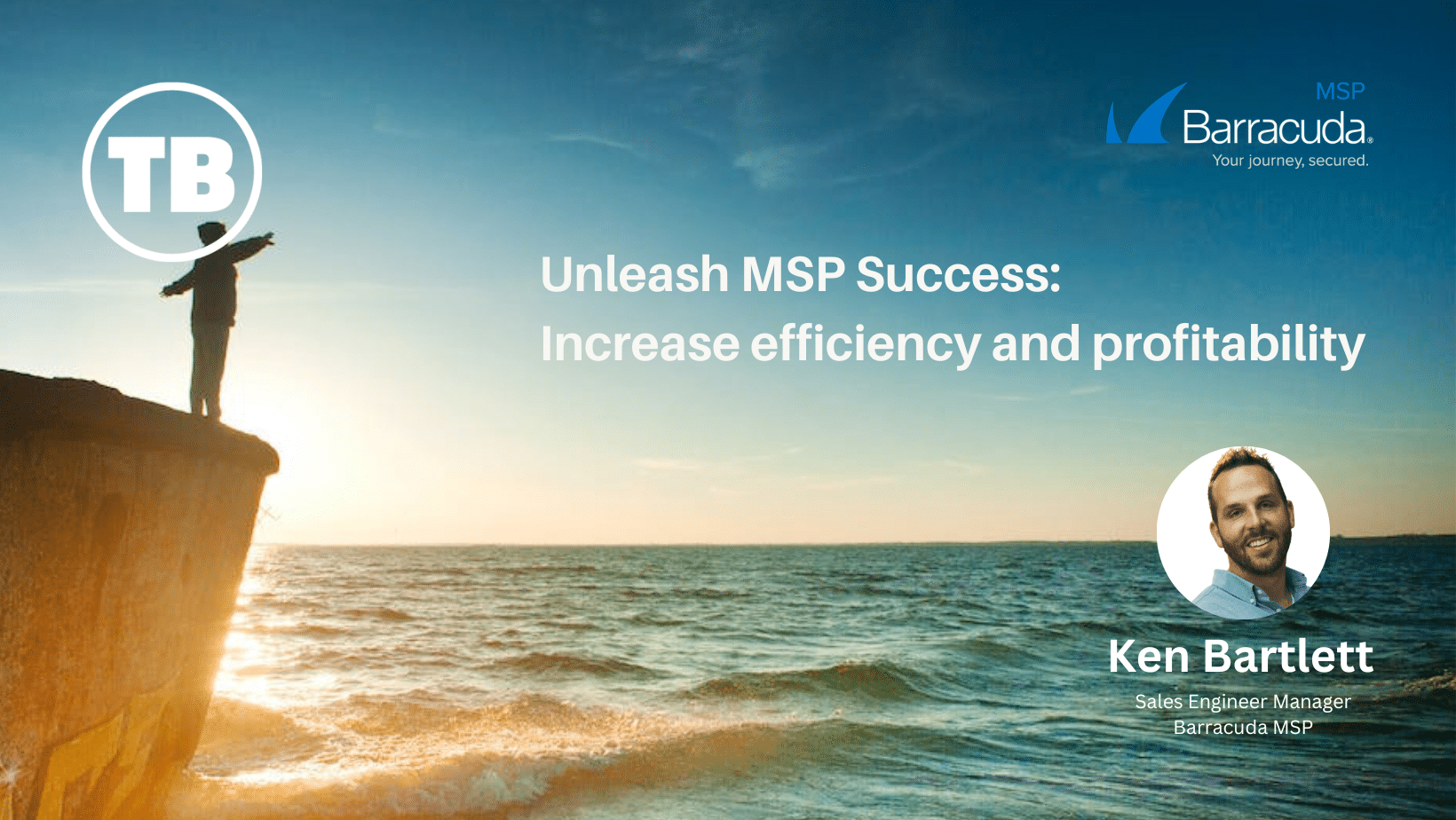

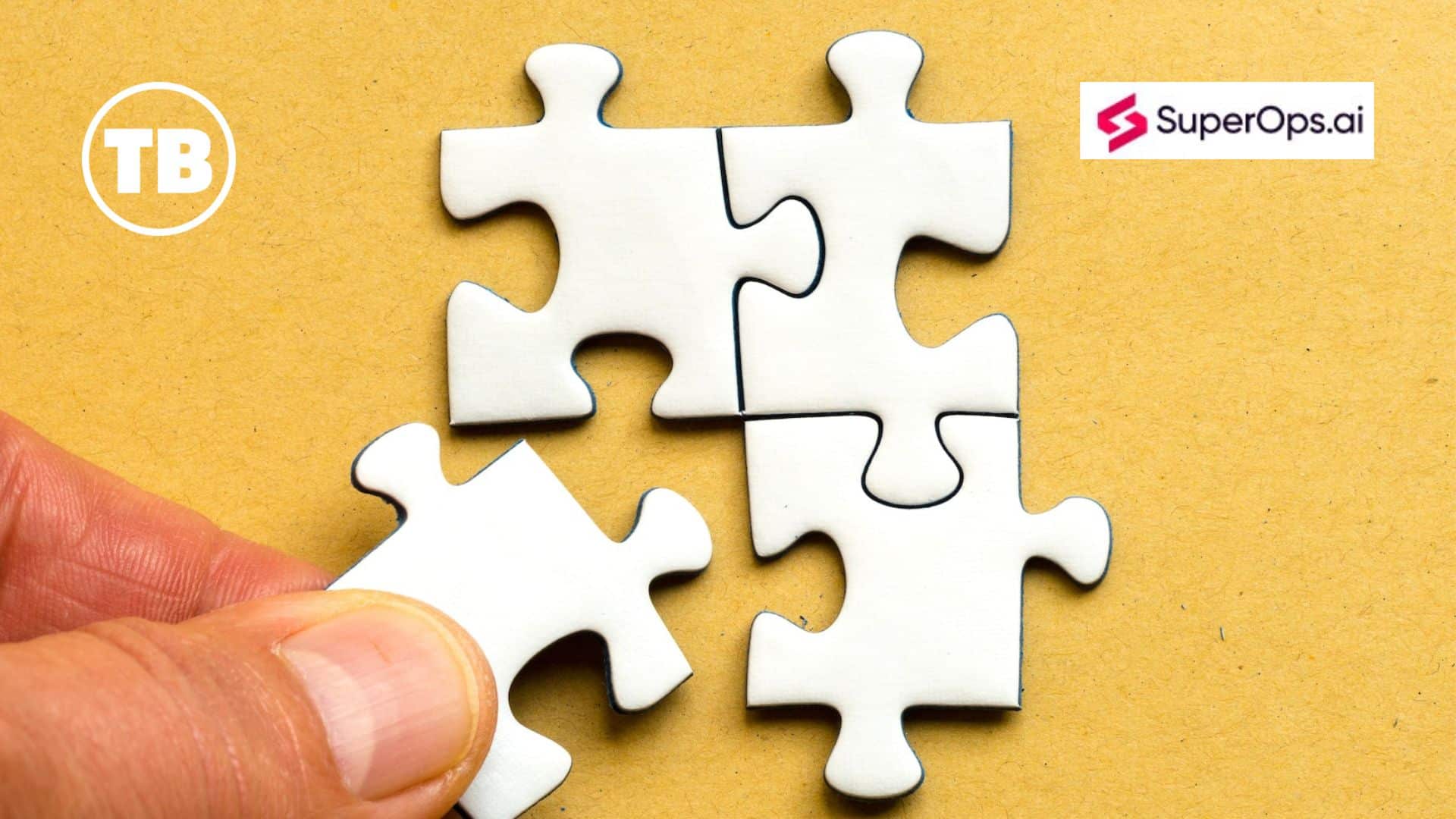
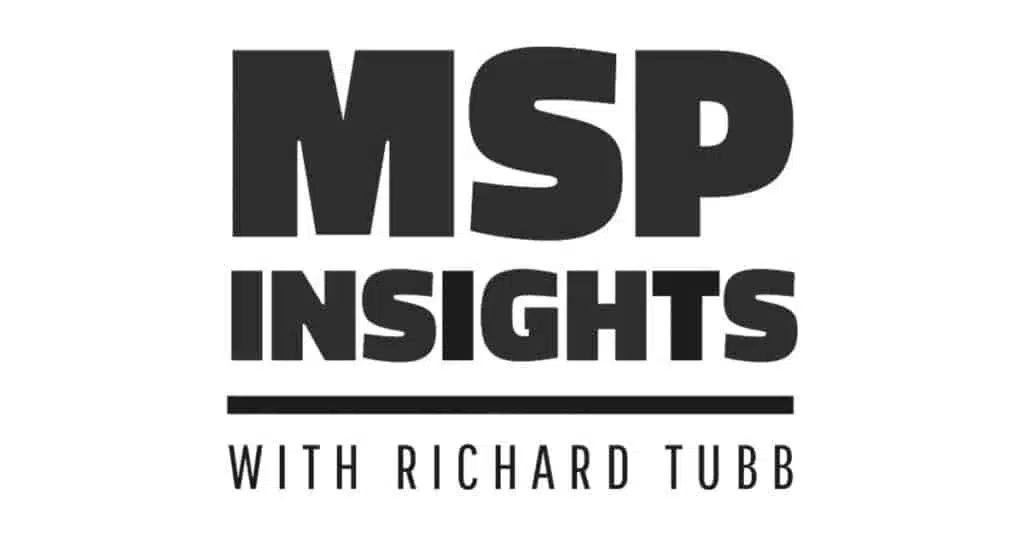
Comments
17 thoughts on Using Direct Debit to simplify Managed Service billing
CHRIS P.
27TH JUNE 2012 07:15:35
Putting in DD facilities was the best move our business ever made; not only do we have clients paying for their recurring subscriptions like support, broadband etc. via the facility, we have clients that ask us to take project work via DD because it's *easier for them compared to writing a cheque*! Imagine that - £10-15k project paid on time, money straight into your bank account.
CRAIG SHARP
27TH JUNE 2012 07:30:59
I agree fully. the key reason why people move to using managed service providers (MSP's) is to bring value to their business (http://buff.ly/KIQeMZ) and as the provider of such services you need to ensure that you're getting the same in return. Waiting for payment from clients, chasing for money and being seen as the least important person they need to pay is not a good place to be when you provide what could be argued are the most important services to that business - your client. Getting clients on a DD or Standing Order is the first and most important thing I did for my MSP business and it pays off. We have very little bad debt (less than £100 last financial year) and we can plan ahead in these difficult financial times. If clients don't want to go to DD or SO then consider if they are a client worth fighting for at all.
VIC HALOM
27TH JUNE 2012 08:15:47
A lot of companies use techniques to have clients sign up to Direct Debit; for example try to buy a mobile phone contract without using it, and other utility companies charge a fee for not using, or give a discount for using a Direct Debit. I agree with Craig; DD does reduce reduce waiting times, bad debt and helps cash flow, so it's well worth the small investment required to set yourself up with a BACS Approved Bureau to take Direct Debit. Vic
MATT BARTON
27TH JUNE 2012 11:23:04
The excellent GoCardless (https://gocardless.com/?r=5V3BRVMS) charges 1% of the transaction up to a maximum of £2. If you're a Kashflow client (http://bit.ly/l6Qp17) user, then it integrates very nicely with the automated billing.
RICHARD TUBB
27TH JUNE 2012 14:30:52
Chris - thanks for sharing a great example of how Direct Debit can be used not just for recurring invoices, but for other types of invoices too. I know from working with IT companies that getting paid on time is a challenge for many, so who would pass up on the opportunity to improve that situation?
RICHARD TUBB
27TH JUNE 2012 14:32:26
Craig - great point on those clients who don't want to go DD or SO. While there are always genuine reasons, typically I'd be suspicious that the client wanted to choose whether NOT to pay you. DD eliminates those worries.
RICHARD TUBB
27TH JUNE 2012 14:35:54
Matt - I'm a big fan of the Kashflow accounts system and use it myself. The addition of the GoCardless (http://tubb.co/LCcBVZ) service is a great move - and feeds into Chris' comment about using Direct Debit to request payment not just for recurring invoices, but for all invoices.
RYAN HANSCOM
7TH JULY 2012 00:49:39
Thank You for the article! We primarily invoice for our technology support services and wait for payment. We do have a handful of customers that pay with a credit card but it's nice to get familiar with other options as well. We have not seen too many issues with non-payment because our Clients really understand the value of the managed technology services we provide but we have noticed payment for invoices taking a few days longer to receive on average.
RICHARD TUBB
9TH JULY 2012 16:02:16
Ryan - thanks for the kind words! It's definitely the case that if you have a strong client relationship, as you clearly do, non-payment is less of an issue. Combine strong client relationships with convenient and automated payment options, and you have the best of both worlds!
MATT TULLY
24TH JULY 2012 13:25:41
Hi Richard, a well written blog, and some great replies. I have been working in the Direct Debit world for over 10 years, and you have clearly explained Standing Orders and Direct Debits very well. Here at Payonomy we help companies that are using Salesforce.com to manage Direct Debits inside their org. There are some great Direct Debit platforms out there, but most operate as a third party solution, when most companies want full integration into their CRM. Direct Debit is a the most cost efficient way of collecting monies from your clients, I agree with Ryan with regards to strong client relationships, but combine it with the efficiencies of DDs if you can. What could be better than watching owed money just appearing in your Bank account! I am trying to help companies understand DDs in more detail via my blog - http://ukdirectdebit.wordpress.com/ thanks Matt
RICHARD TUBB
30TH JULY 2012 17:39:57
Matt - thanks for the feedback. Agreed, DD with strong client relationship is best both from a security and efficiency basis. Thanks for sharing a link to your blog!
ATHAR AHMAD
29TH OCTOBER 2012 16:51:21
Our business provide IT services to Primary schools and where schools still work on invoice then issue a cheque. It is indeed a headache for us to keep record of every invoice, cheques and follow up with outstanding invoices but as for clients needs and facilities available to them we at Cnetso also trying to be flexible and offer the options what our clients prefer. At Cnetso we use this service for IT outsource and Managed services to businesses and corporate companies. Its hassle free and quick Thanks Athar
RICHARD TUBB
29TH OCTOBER 2012 16:54:59
Athar - you're right, you need to offer the payment options clients need - but many times clients aren't aware that Direct Debit would be much easier and more efficient than the old fashioned invoice/cheque process. By educating them and then offering them the option, you may win their thanks!
DIRECT DEBIT
11TH JULY 2013 11:03:20
Excellent Post! Direct debit is a safe and secure way to pay bills. Direct debit is an agreement between yourself and your bank, which authorized the bank to allow an organization to collect a payment from your account. It saves time and all payments are made automatically. Thanks for the great information.
PHIL ERRINGTON
20TH NOVEMBER 2013 22:54:39
Saw recently that gocardless integrates with Sage line50 now. http://www.sjsoftware.co.uk/products/direct-debit-sage-addon/go-cardless-product.html I'll probably be trying this pretty soon, 1% or £2 a transaction is not much cash compared to the grief of debt chasing.
RICHARD TUBB
21ST NOVEMBER 2013 12:16:46
Phil - great spot! Thanks for sharing!
HOW TO MAKE SURE YOU GET PAID ON TIME EVERY TIME - MAX IQ
18TH FEBRUARY 2016 14:02:09
[…] In the UK, many businesses use Direct Debit to make sure that payments are taken automatically on a regular schedule for recurring services like Managed Services. Direct Debit isn’t just a service for big business – small businesses can cost effectively employ it too. Here’s more advice on using Direct Debit to simplify Managed Service billing. […]